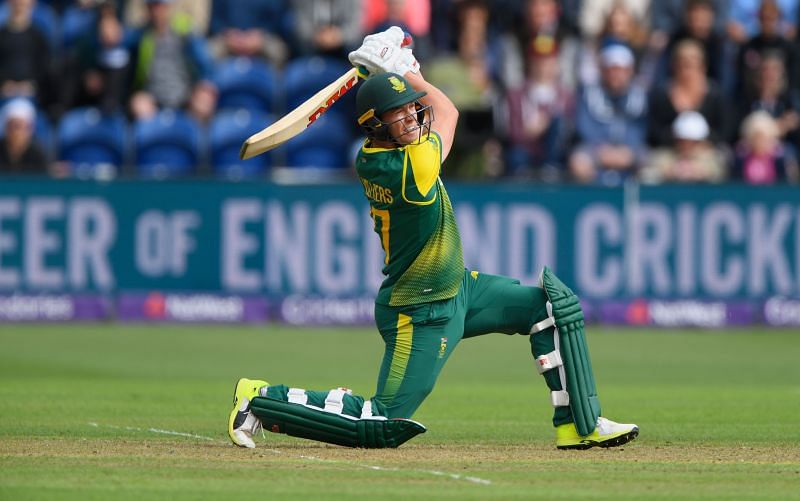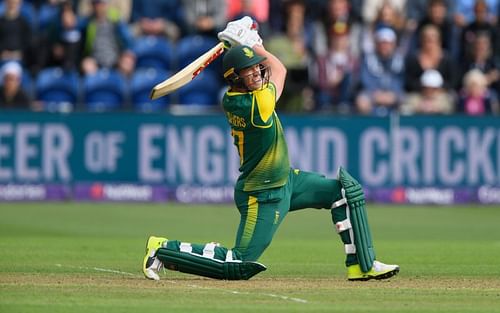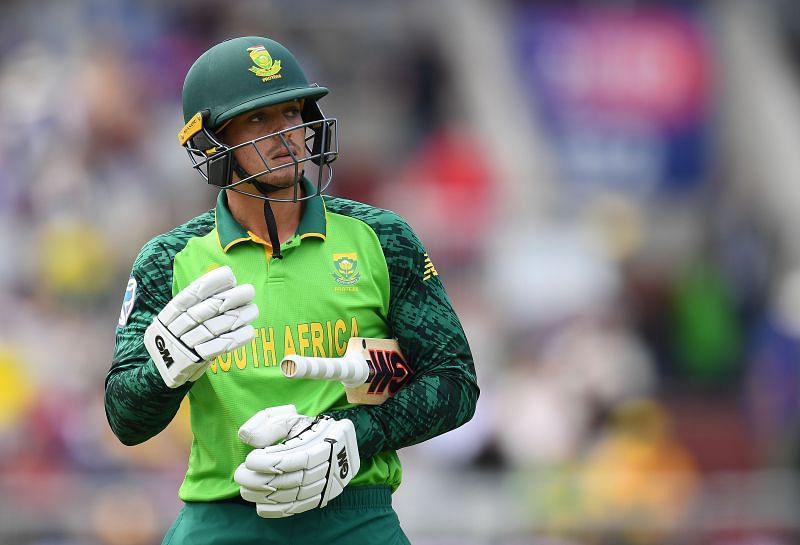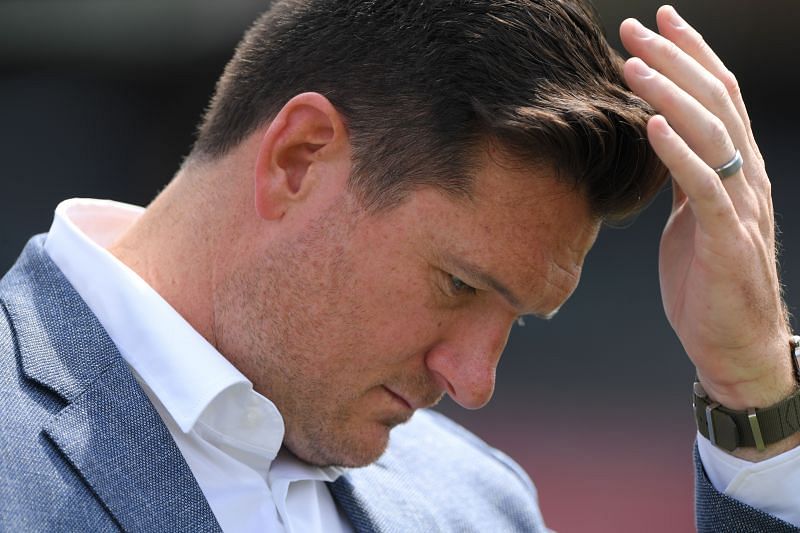
AB de Villiers' decision to not return hints at grim future for South African cricket

Back in May 2018, AB de Villiers’ retirement shook the cricketing fraternity to its core. Not only had one of the greats bid adieu to the sport, he had also done so while playing franchise cricket – something that captured the evolution of modern-day cricket.
In May 2021, AB de Villiers again reiterated his desire to remain “retired” and that this, as opposed to countless rumours doing the rounds, would once and for all end his association with the South African cricket team.
Between these two instances, though, there had been a lot of back and forth. Just prior to the 2019 ICC Cricket World Cup, speculation had been rife that AB de Villiers wanted to return to the fold and that he even held a last-minute conversation with then skipper Faf du Plessis.
However, nothing came to pass, meaning that the Proteas continued without AB de Villiers. Since Mark Boucher’s appointment as head coach and Graeme Smith’s ascent to Director of Cricket South Africa, things have changed a little, for both have been openly welcomed the idea of AB de Villiers manning the South African middle order.
Yet, there have been a variety of other issues that have engulfed South African cricket. And, though there might be an inclination to label the cloud of international uncertainty associated with AB de Villiers as one of the causes, it perhaps was (and still remains) one of the many undesirable ripple effects.
To put things into perspective, South Africa have seen an exodus of top-drawer cricketers since the 2015 for a variety of reasons. While a few have walked into the sunset of their respective careers (leaving behind a huge void in the process), others have been quick to pursue newer pastures (read Kolpak deals).
The most troubling bit, though, is that a majority of these problems have stemmed from a lacklustre administerial approach – something that has cluttered the usually unflappable thinking of the South African cricketing ecosystem.
The above can be personified by the way captaincy responsibilities have been casually thrown around. A few years ago, Faf du Plessis seemed firmly in control of proceedings. Since then, that has hardly been the case.
Recently, they appointed Quinton de Kock as their skipper across formats. Unfortunately, it came after the wicket-keeper had openly admitted he didn’t fancy his new role in the longest version.

More astonishingly, he was then “relieved” of captaincy across all formats, with Temba Bavuma being installed in his stead (in white-ball cricket). That Temba Bavuma, despite all the talent, rarely represents a shoo-in in ODIs and T20Is, only added to the shambolism.
Temba Bavuma’s first assignment as a full-time captain was to oversee Pakistan’s limited-overs tour, which, for large parts, only comprised players who were not a part of the IPL. To add to the absurdity of it all, Faf du Plessis was completely omitted – a cricketer who, in February, had outlined his intentions to only play white-ball cricket for the Proteas.
In turn, that also cast light on the South African players perhaps feeling more attuned to representing their respective franchises in various T20 leagues.
AB de Villiers was in brilliant form for RCB in IPL 2021
Though one isn’t trying to imply that AB de Villiers and other Proteas players fall in that bracket completely, it definitely is a major contributing factor for South Africa becoming the new breeding ground for cricketing mercenaries.
Also Read: South Africa: The new breeding ground for cricketing mercenaries?
Additionally, there has been a lot of controversy regarding the political environment related to team selections. Quite often, talented and deserving players have missed the cut, either due to questionable team tactics or because of them getting disillusioned with all the non-cricket agendas encircling them. The financial discrepancy, meanwhile, is also well documented.
And, if that wasn’t enough, Cricket South Africa was recently “de-recognized” by the nation’s sports minister – again, an act that reeks of an unnecessary power struggle.

Thus, as things stand, things look pretty bleak for South African cricket, both on the field and off it. While the administrative issues might ordinarily be termed as one that might not directly affect the cricketing performances, the South African ecosystem is certainly a lot more intertwined.
As far as their cricketing fortunes are concerned, they have perhaps taken the right step by including the likes of Graeme Smith and Mark Boucher. The challenge now is whether they can influence the game as much as they would like to ensure that the Proteas keep churning out talent.
At this point, the dearth of talent, coupled with a framework that is stunting that particular growth, has meant that South African cricket has gotten marooned.
To that end, AB de Villiers’ return to the squad for the T20 World Cup, might’ve even papered over a lot of those cracks. Not just because AB de Villiers would’ve single-handedly improved the pedigree on the cricketing front, but also because a decent showing at the event would’ve doused the fire that is threatening to raze down South Africa’s carefully crafted cricketing system.
Hence, AB de Villiers’ decision to not come back into the fold might have long-term gains for South African cricket, even if it comes at the cost of short-term accomplishments.
And, building a team from scratch, sans AB de Villiers and potentially Faf du Plessis, is the kind of job that could breathe fresh air into a cricketing landscape that has smacked of staleness lately.
Either way, AB de Villiers and his non-participation in international cricket has opened up a Pandora’s Box that the Proteas have been fervently trying to avoid.
Or, more bluntly, AB de Villiers' decision has only indicated the grim future awaiting South African cricket.
Also Read: Vijay Shankar emulating Kallis and Watson might not be as absurd as it sounds